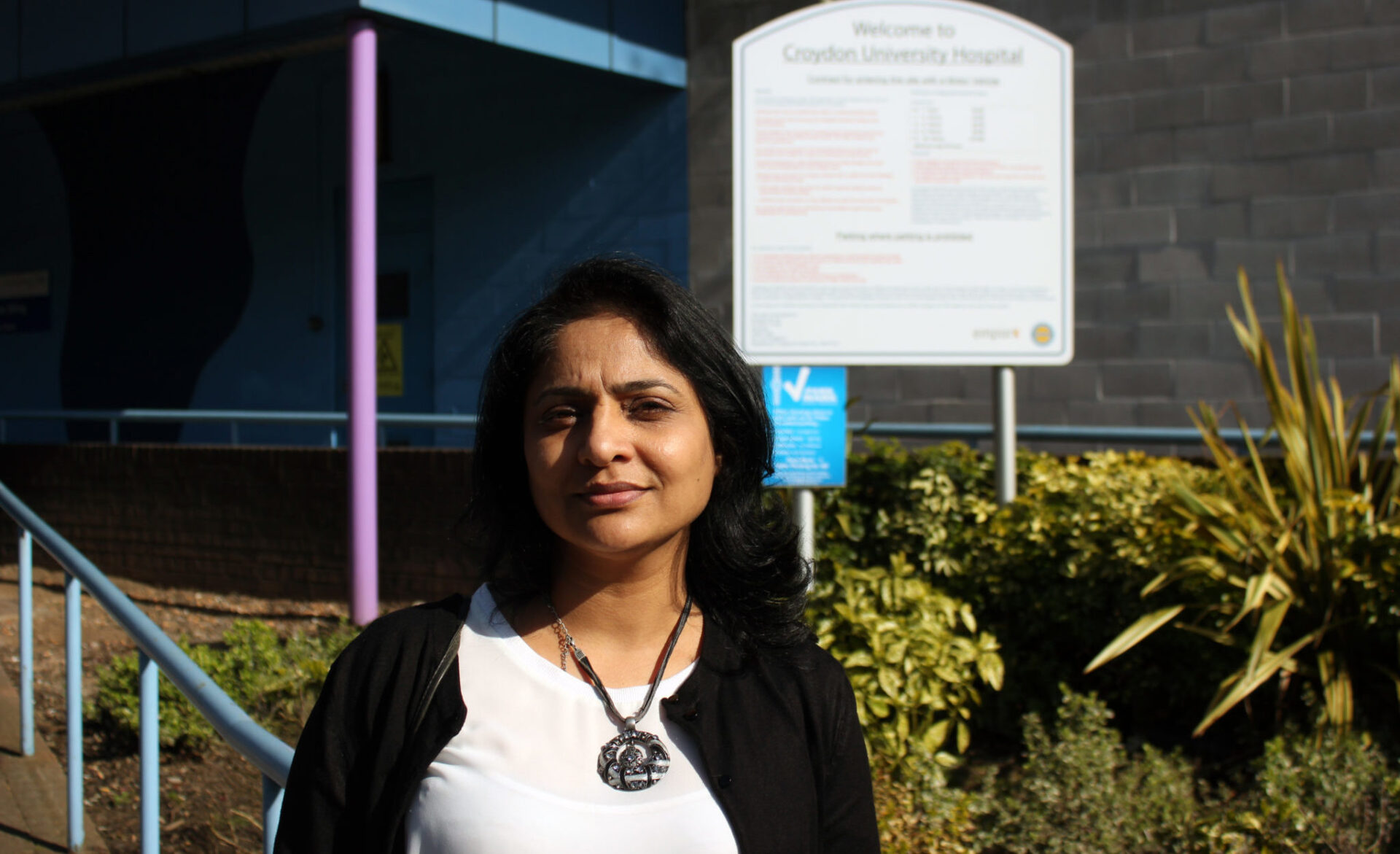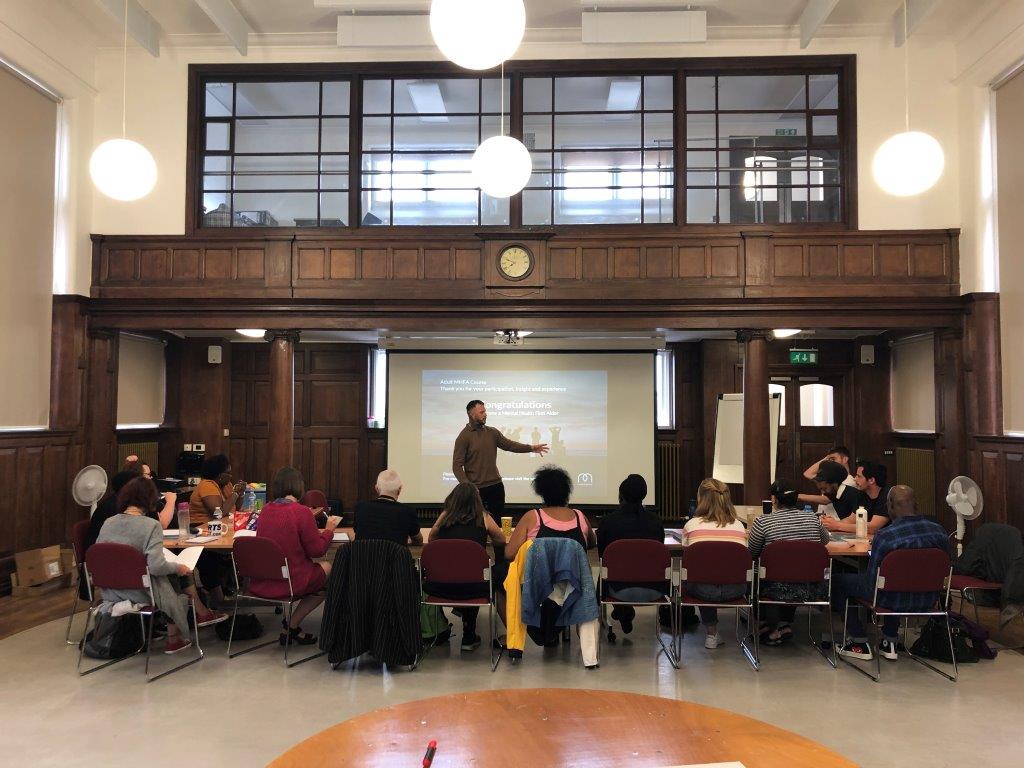From Bill Tidnam, Chief Executive: Why the London Charter Matters to Us
The Charter is a way to get people together around a common goal – to end rough sleeping in London.

At Thames Reach, we believe that no one should need to sleep on the streets, and of course, we support the London Charter to End Rough Sleeping. It’s worth explaining why we think that this is important, and not just a another way for charities that work with people affected by homelessness (including Thames Reach) to speak out around Christmas as the window of public sympathy opens – albeit briefly.
For us, there are three things that are different about the Charter:
1. It asks us to recognise that people who sleep rough are people who can’t be defined by their housing situation.
They all have their own stories, and their homelessness is a part of their story that they and we hope will be in their past. I’m uncomfortable when people talk about the homeless or rough sleeping ‘community’ as if street homelessness is some sort of quasi village, that is united by a similar backstory, and who we expect to stay on the streets as a way of life. Equally (depending on your point of view) the idea that homeless people are solely either victims or perpetrators of crime is clearly untrue and serves to exclude them from mainstream society and possibly the protection of the law that the rest of us expect.
2. The Charter recognises that members of the public aren’t helpless.
At one level they can donate to and volunteer with charities that work to help people away from the streets; they can use Street Link to make sure people sleeping rough get help; and they can recognise that we don’t have to have street homelessness, which leads to my final point.
3. At Thames Reach, we aren’t arrogant enough to think that we can end street homelessness on our own.
This a systemic problem that we believe is bigger than any charity. While we can join up services and play a significant part- this is a complex issue that needs the mechanism of government at local and national level to work together. This charter and your support for it makes the difference between government seeing homelessness as a problem that is tolerable, and one that they are under pressure to resolve.
Please sign the Charter and show that you think that we shouldn’t accept that people needing to sleep on the streets is just the way things are, and show that you believe we can and should do what we need to do to end street homelessness.




